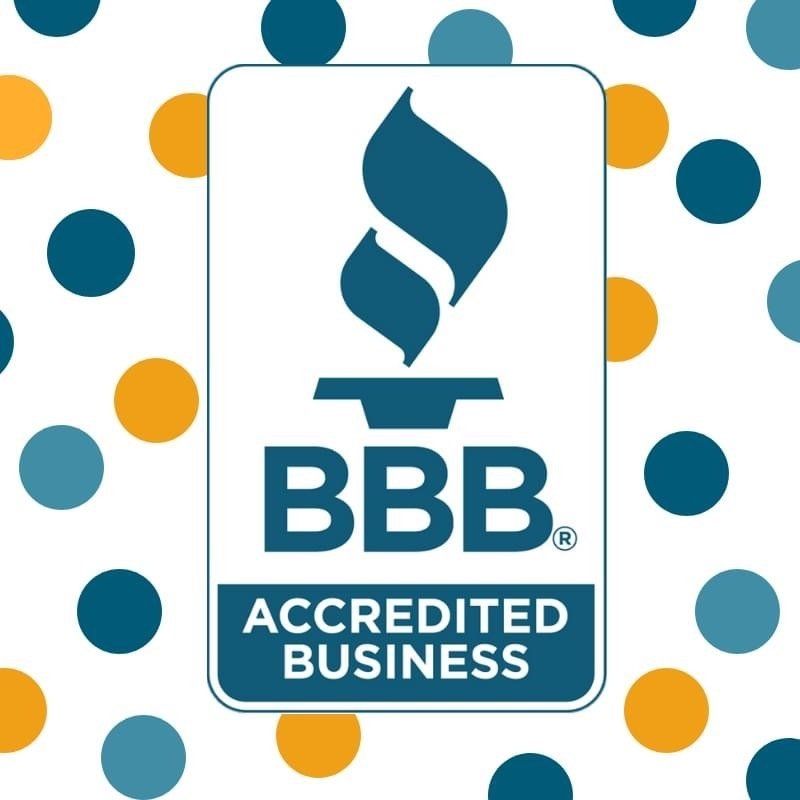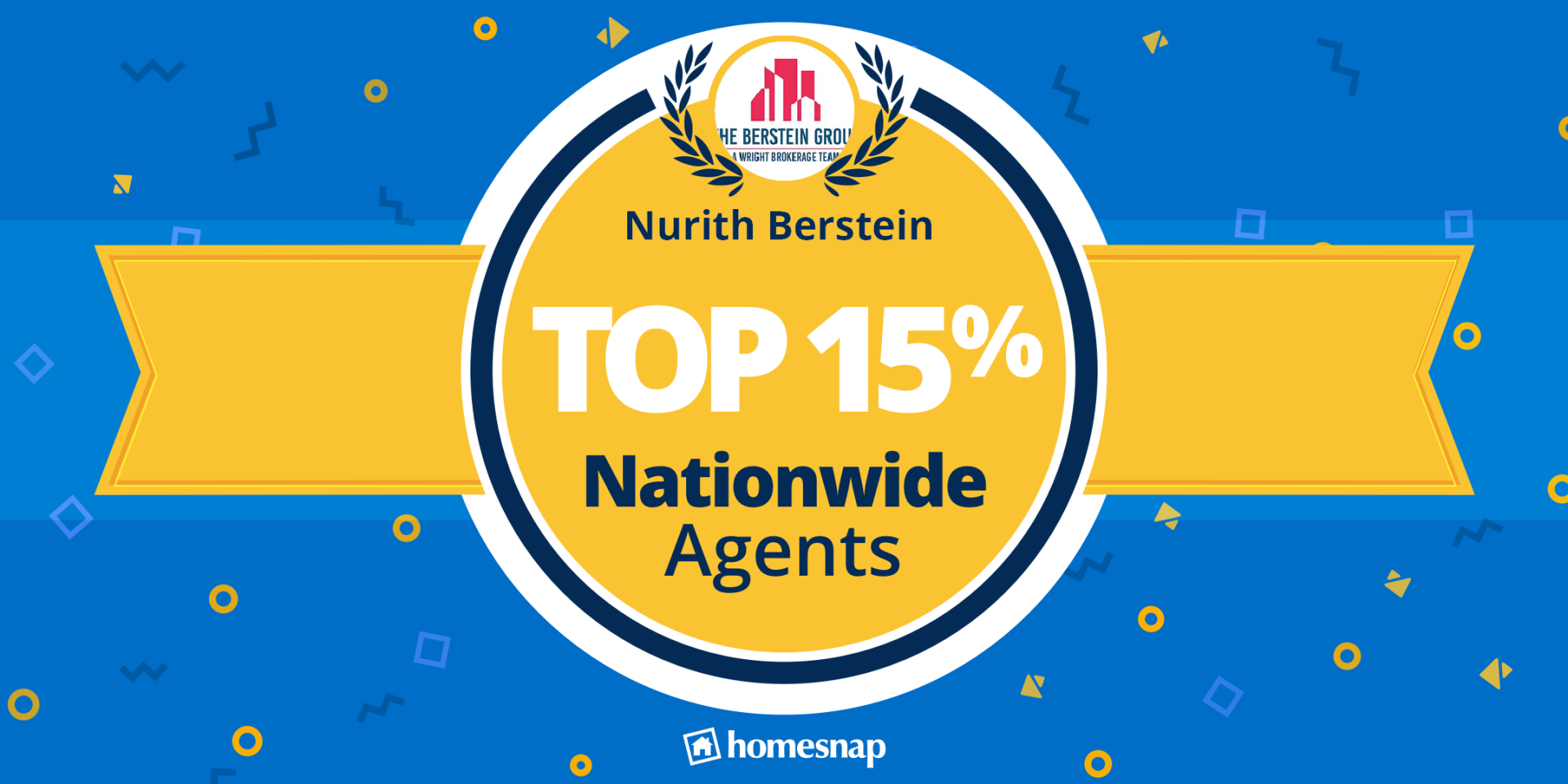How Long Does It Take You to Rent a Property?

If market conditions are in your favor, then you should be able to rent out your property in between 30-60 days. There are several important reasons behind your property being rented out quickly or slowly.
- Location – If your area is safe, clean, close to good schools and popular amenities, then it is likely to attract high-quality tenants faster. Proximity to convenient public transportation is also a big pull to any location.
- Current Condition – When did you last perform repairs and/or renovations on the property? The more up-to-date you are with maintenance, and the more recently you change out the carpets, curtains, appliances, etc. then the faster you’ll get it rented out.
- Lease Terms – How flexible can you be on a lease? Can you accept different leasing periods? Will you allow people with pets? How about shorter leases if you are starting during winter months? Being as open as you can will ensure a bigger pool of potential tenants.
- Price – You should check the going rates for similar properties in your local area and stick to those levels. If you feel your apartment has any key advantages or selling points, you can increase over the average. If you want to attract tenants faster, it’s better to dip slightly below the local average.
- Time of Year – While nobody enjoys the process of moving, research shows people time their moving for the warmer spring and summer months. If you start your search around this time, then the likelihood of finding tenants faster will increase. Conversely, renting out a property in the winter could take longer.
What Kind of Tenants Should You Look are Most Suitable?
There are four simple things you can learn about any potential tenant that will help to determine if they are a suitable candidate for your property. While you do need to be open, you also have to be at least a little discerning to ensure you’ll get a tenant who can look after the property and make rent on time.
- Do they earn enough monthly/annually? Do you know how much money your tenant(s) are earning? You should consider what your asking rental price is and then factor in local living costs and base your estimation on that.
- Consistent income source? If they have steady and dependable employment, then it means that their income from the first question is guaranteed. Determine not only if they have a job but how long they have had the job and/or how long they expect to have it.
- Do they have references? Not having a reference from a previous landlord, an employer, or other referral isn’t a reason to reject outright, but it should give you pause for thought. However, even first-time tenants should be able to get a character reference from someone in their lives.
- What is their credit history like? Finally, credit scores are a must. With a full name and a date of birth, you can run a credit check on prospective tenants. Most landlords use a score of 650 as a minimum threshold. If you want to rent faster, you could accept lower than that, but doing so comes with other risks.
Should I Use a Property Management Company?
If you’ve rented properties before, then you will worry less about the process. First-timers should be mindful of potential pitfalls and take steps to ensure they avoid them.
Firstly, it’s a good idea to use a reputable property management company for the wealth of their knowledge and expertise. When your own experience is lacking somewhat, then who better to step in than a team of seasoned professionals? A reputable property management company can help direct quality pre-screened tenants your way, so all you need to worry about it having the property ready for viewing.
Second, renting a property out quickly means reaching out to a large pool of great potential tenants quickly. That’s hard to do by yourself, as you’ll have to manage multiple property media accounts like Zillow, Rentals.com, and others. Leave the search and marketing to the experts. Their built-in audience can be directed right to your property based on the company’s own algorithm and system.
Finally, a property management company doesn’t just handle finding the tenants but also acts as a point of communication between you and your new renters. They can often supply 24-hour communications channels that allow tenants to report problems as they happen, reducing potential conflicts and keeping the property in good order.
Will You Allow Pets?
The Humane Society of the United States reports that an incredible 72 percent of renters have pets. They also found that most have trouble finding rented accommodation because similar data shows that only 55 percent of landlords allow pets.
Imagine closing off your property to almost three-quarters of the rental market. If you want to rent out a property as quickly as we mentioned above, then it’s a good idea to be flexible enough and allow pets. ’t have to lt someone with a pet alligator or an army of cats move into your property, but having at least some allowance for common pets like dogs or cats, for instance, will open the scope for new tenants much more widely.
How Should You Market Your Property?
If you are using a reputable property management company, then that company should take responsibility for marketing the property. The most common method is to list the property on as many sites as humanly possible, sometimes as many as 200 different platforms.
As part of the marketing process, ensure that there is a comprehensive set of photographs to accompany the listing. Photos should be high-definition shots that show every room, and hopefully additional spaces like a basement, outdoor space, attic and more. The more you show, the more the potential tenant can picture themselves living in your property.
Once they have achieved the right level of saturation and you have inquiries coming in, it’s time to open up the property for viewing. Seeing the property in person is an absolute must if you want to secure tenants quickly. No matter how good your photos are, tenants will need to step inside and experience your property first-hand.
Before you welcome tenants to view the property, ensure that everything has been cleaned and tidied. If there are visible defects or breakages, see to them quickly. The key is in the details. Touch up faded or chipped paint, see to creaking doors or floorboards, and make sure there are no dripping faucets or worrying cracks in the walls.
Blogs











